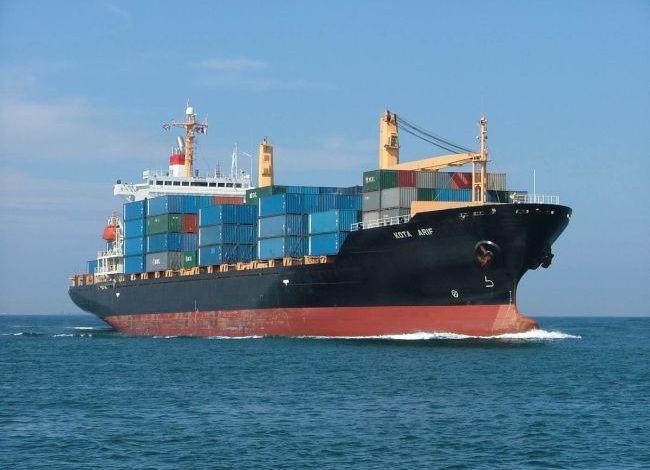Under pressure PIL misses another charter payment

Splash has learnt troubled Singaporean liner Pacific International Lines (PIL) has missed another charter payment, but the company remains adamant it can get through the current crisis enveloping container shipping with the spread of coronavirus.
Having been late with a charter payment in February, PIL missed payment on another Japanese chartered in ship late last month and is still to pay its latest charter bill to the Japanese owner.
The financial health of PIL has been the source of much conjecture of late with ships being detained and late charter and bunker payments all making headlines. The privately held Singapore liner quit the transpacific tradelane last month, having exited the Asia-Europe trades in April last year. It has also sold its stake in Pacific Direct Line (PDL), which operates in the South Pacific as well as selling four of its largest ships. Singamas, the Hong Kong-listed box manufacturing subsidiary of PIL, revealed last month PIL owes it $147.7m, a majority of which is overdue.
A PIL spokesman told Splash today: “Due to the very challenging market conditions brought about by the unprecedented impact of the Covid-19, the whole maritime industry is facing a series of unforeseen challenges. Despite this difficult operating environment, PIL has continued to receive broad support from our lenders, business partners and major trade creditors to ensure smooth operations.”
Privately held PIL, founded in 1967, is led by SS Teo and is the world’s 10th largest liner with 371,748 slots in its fleet, according to the latest data from Alphaliner.
“PIL remains wholly committed to ensuring service quality during our ongoing rationalisation of services to bring renewed focus to our key markets in Asia, the Middle East, Africa, South America and Oceania,” the spokesperson insisted today.
